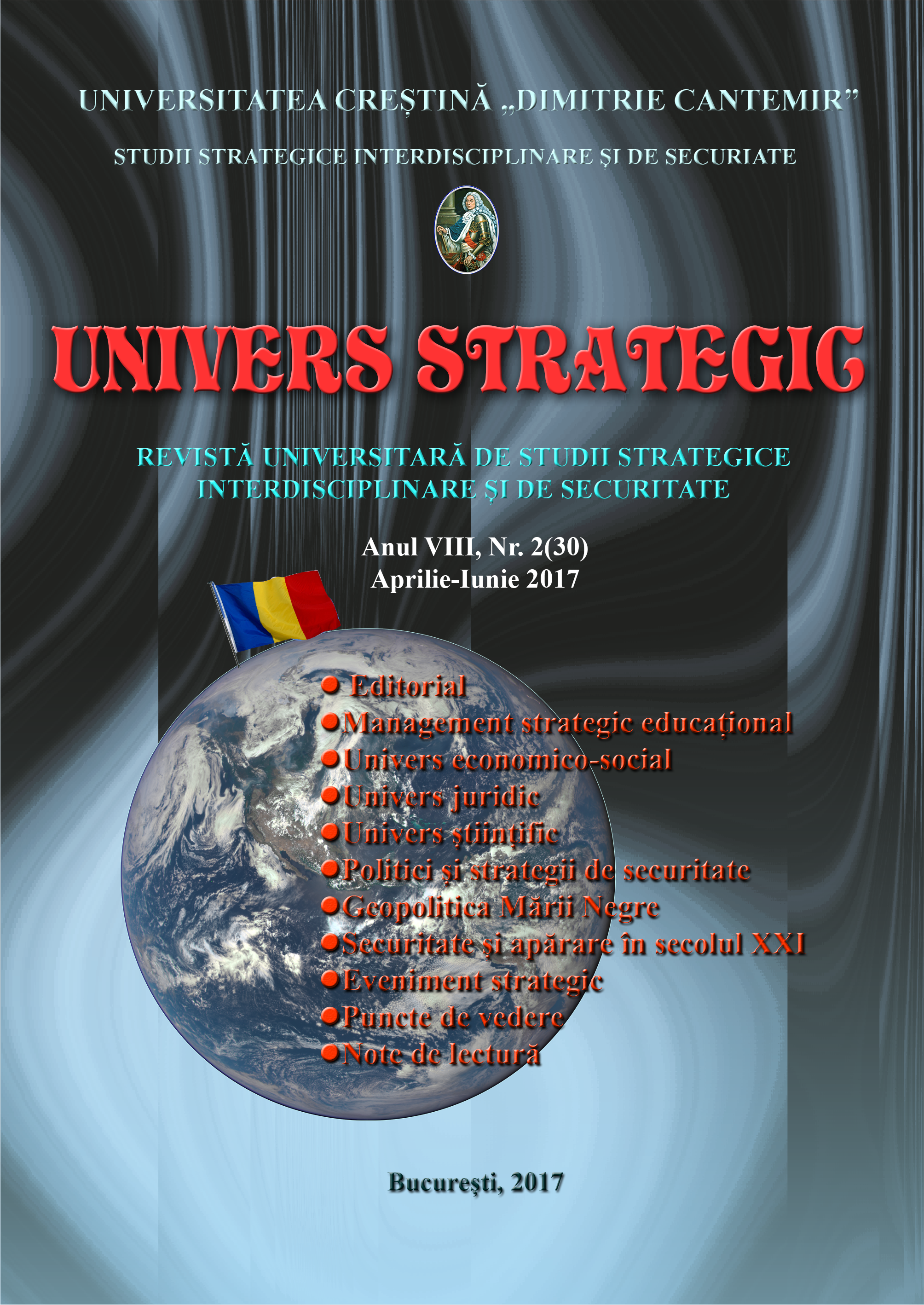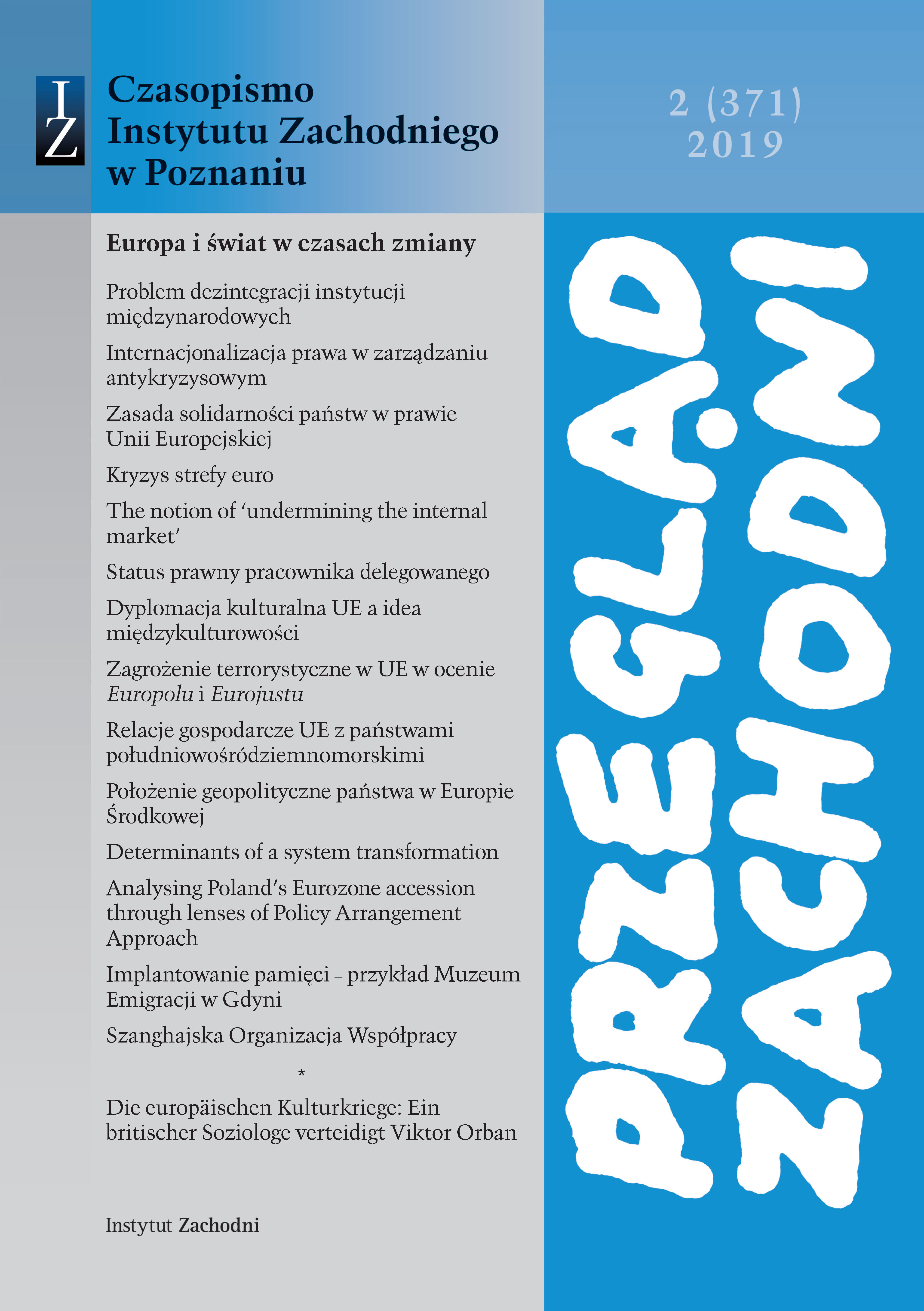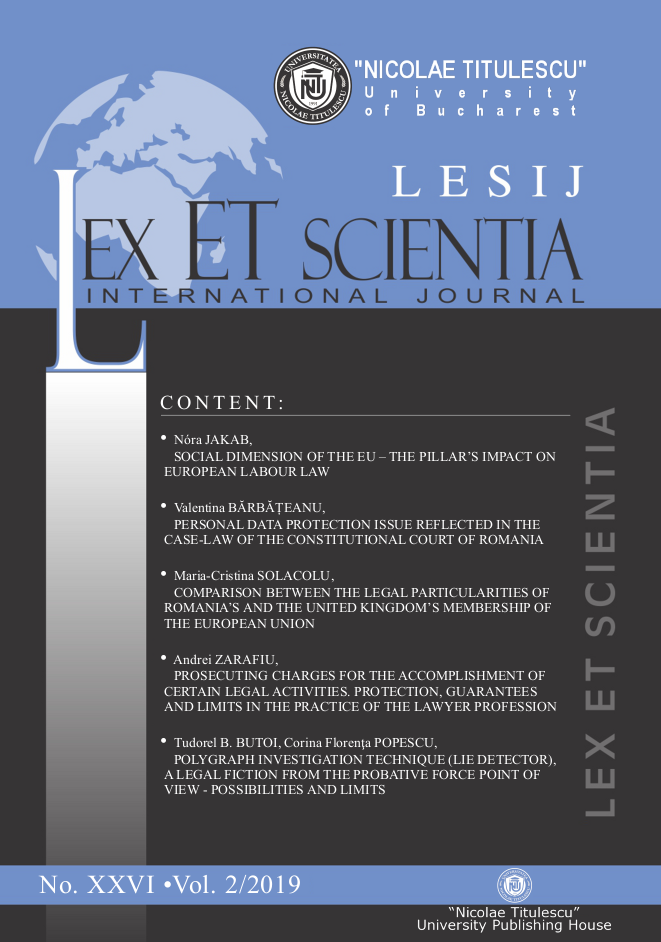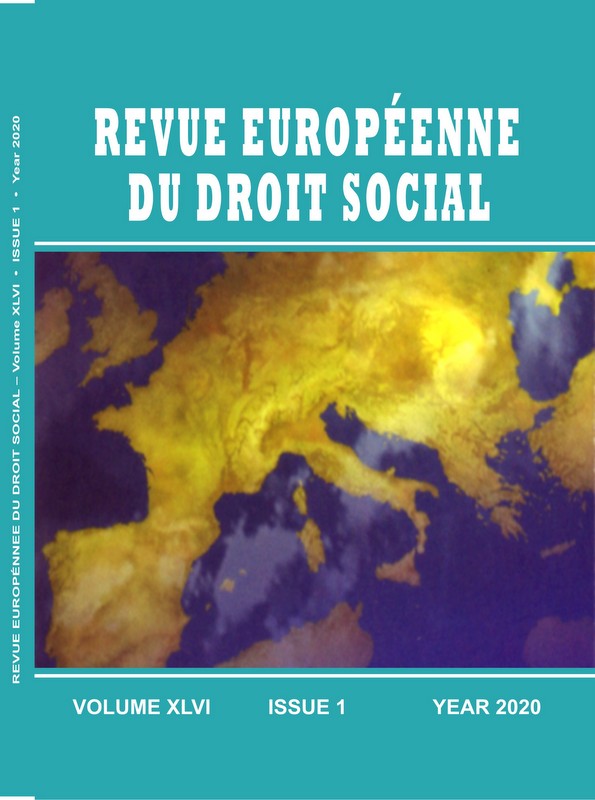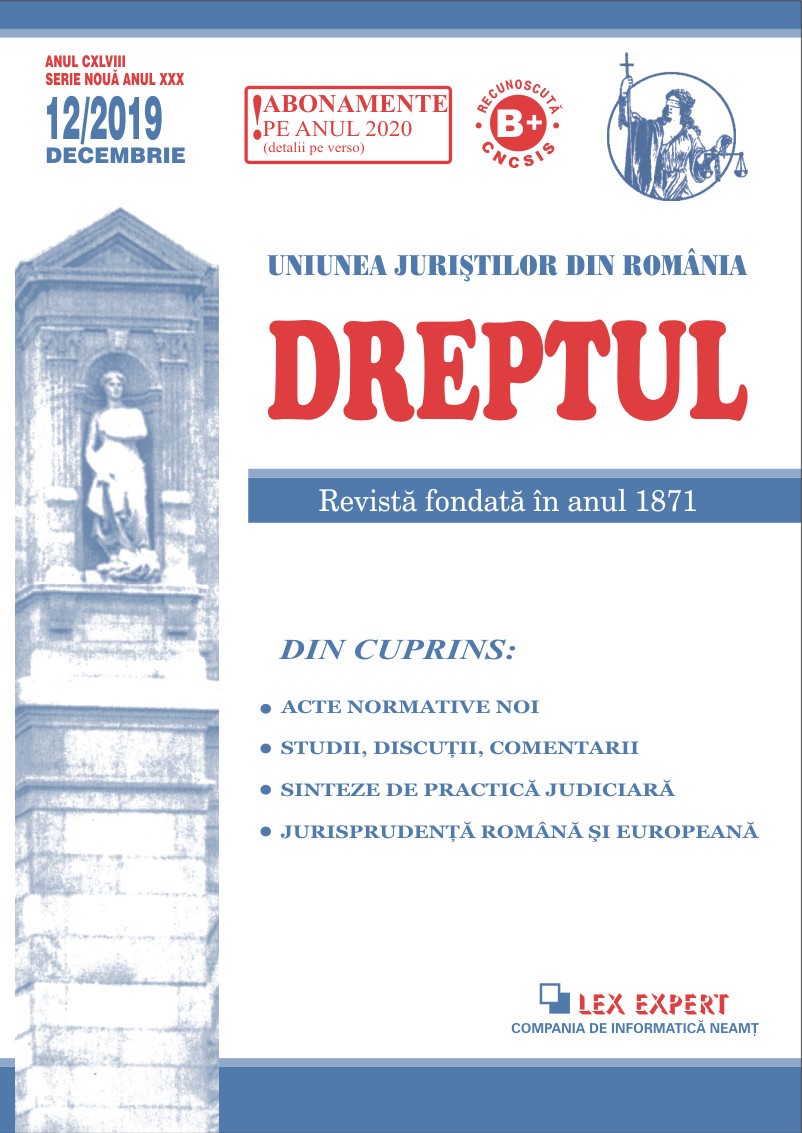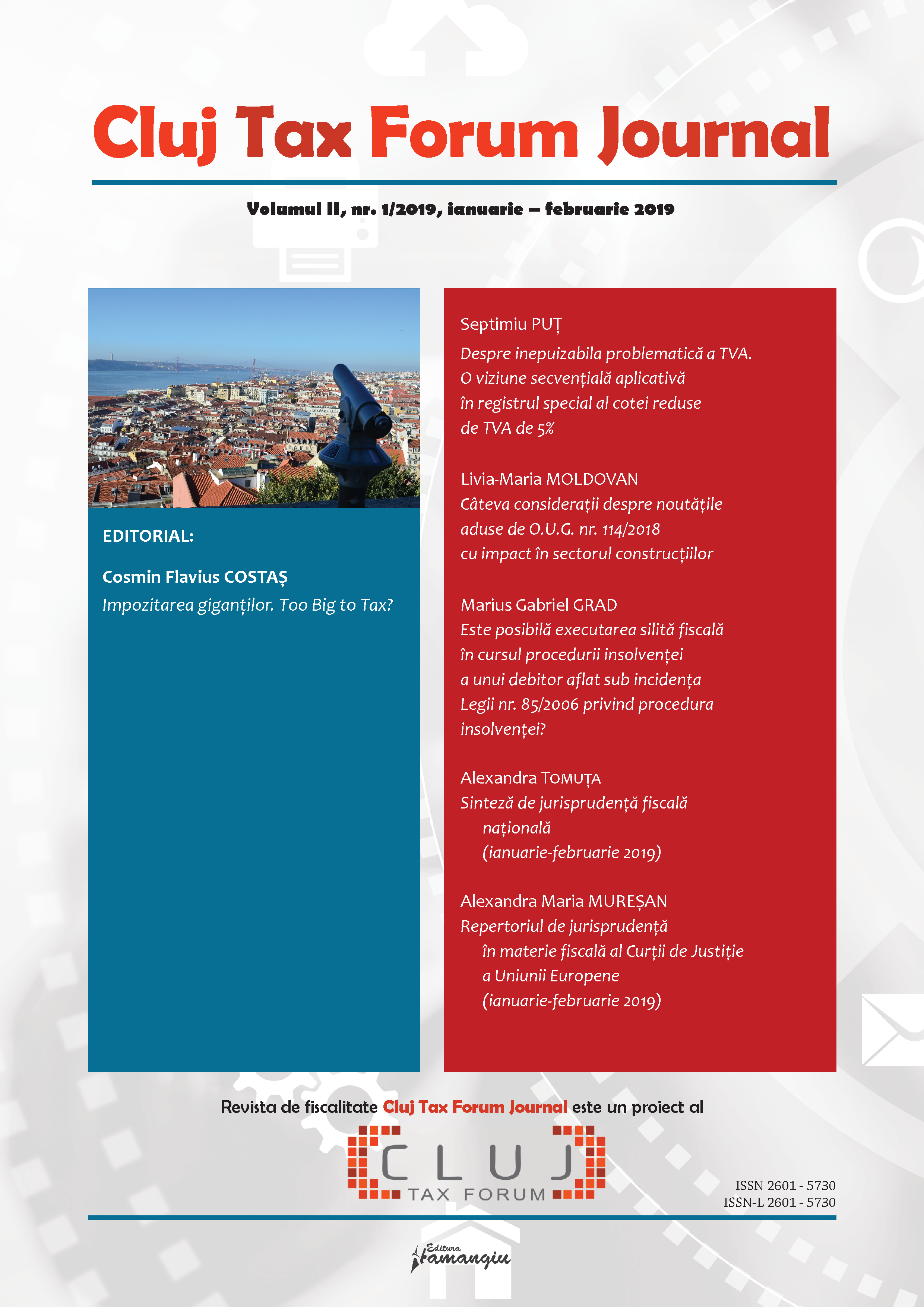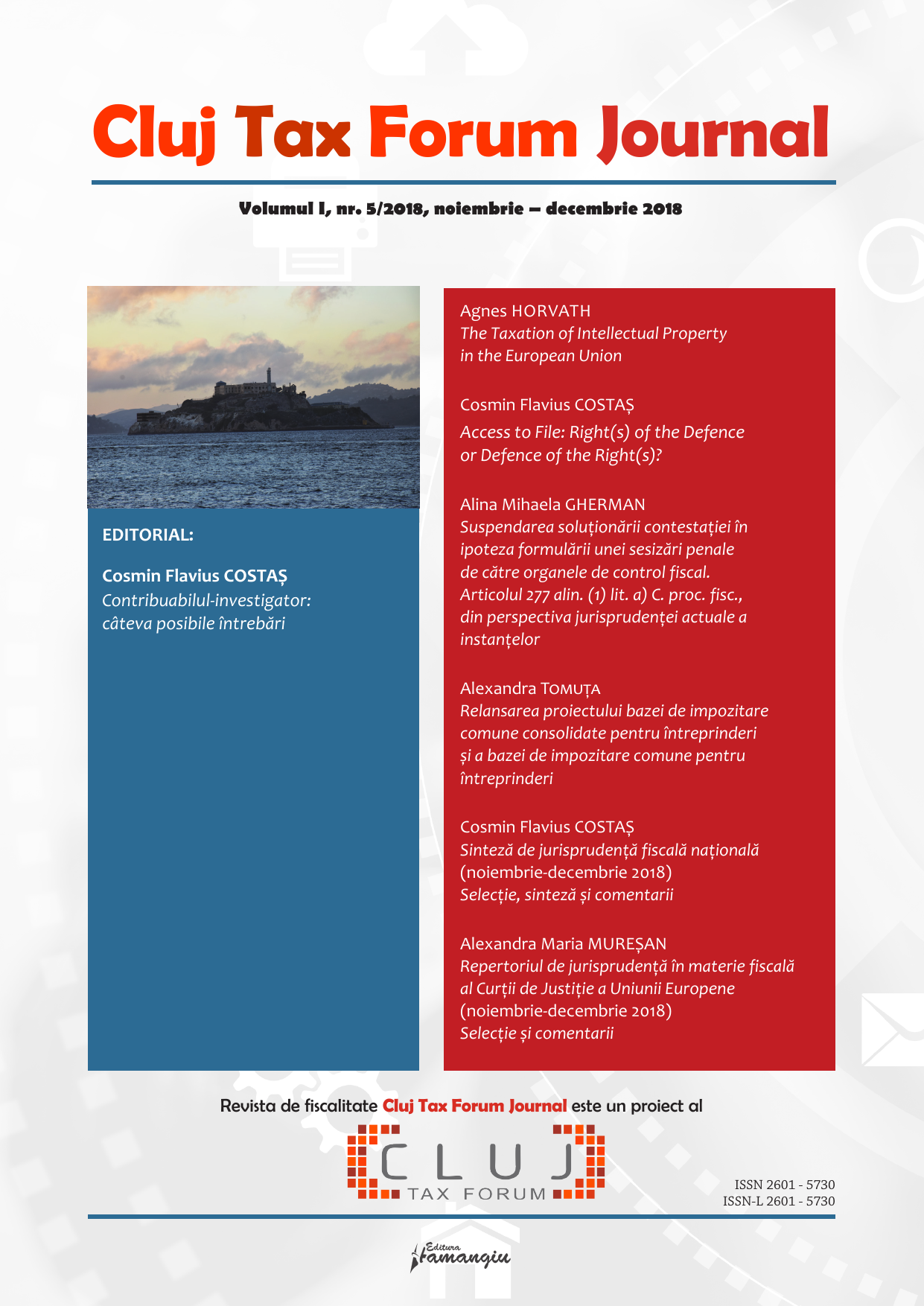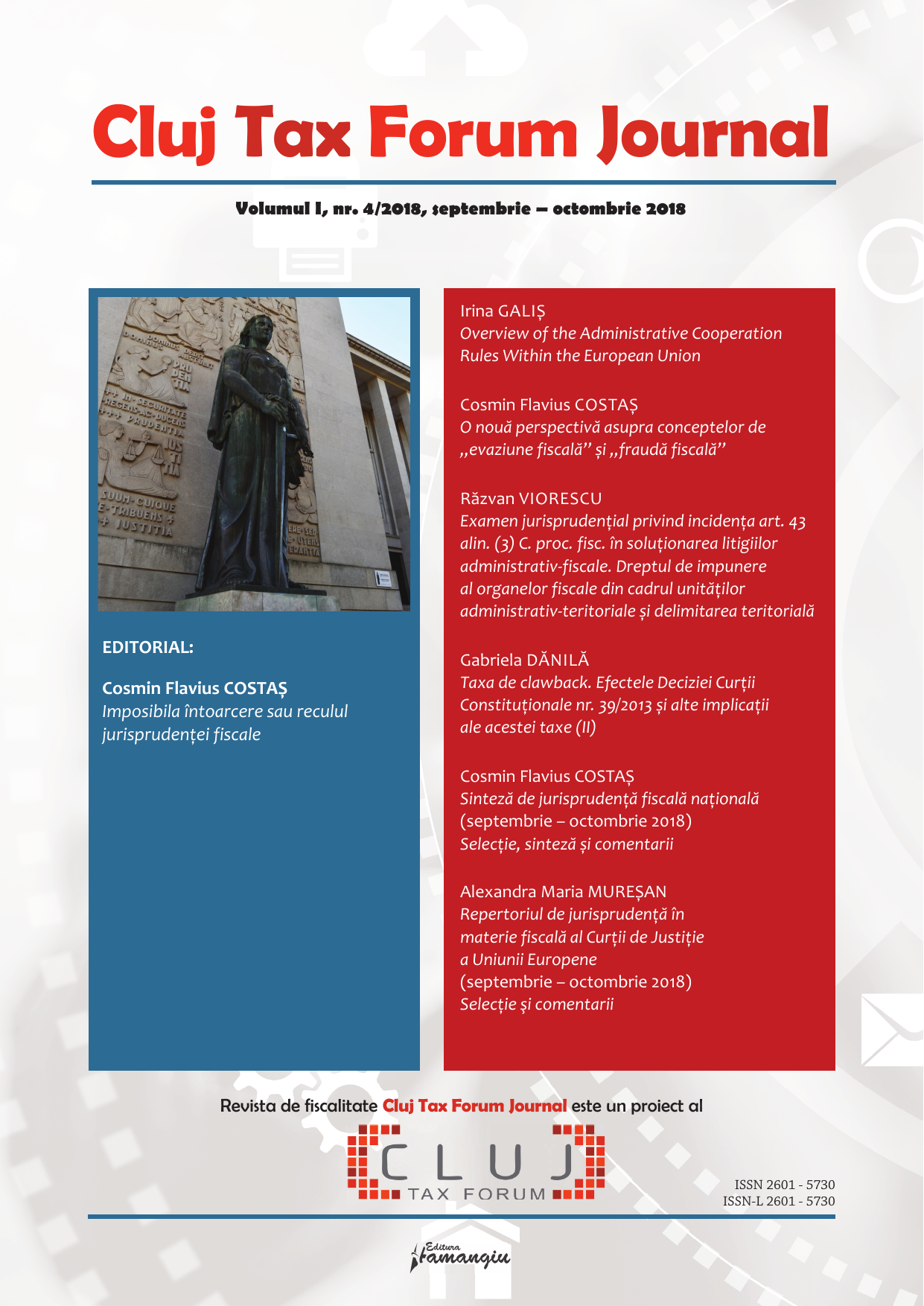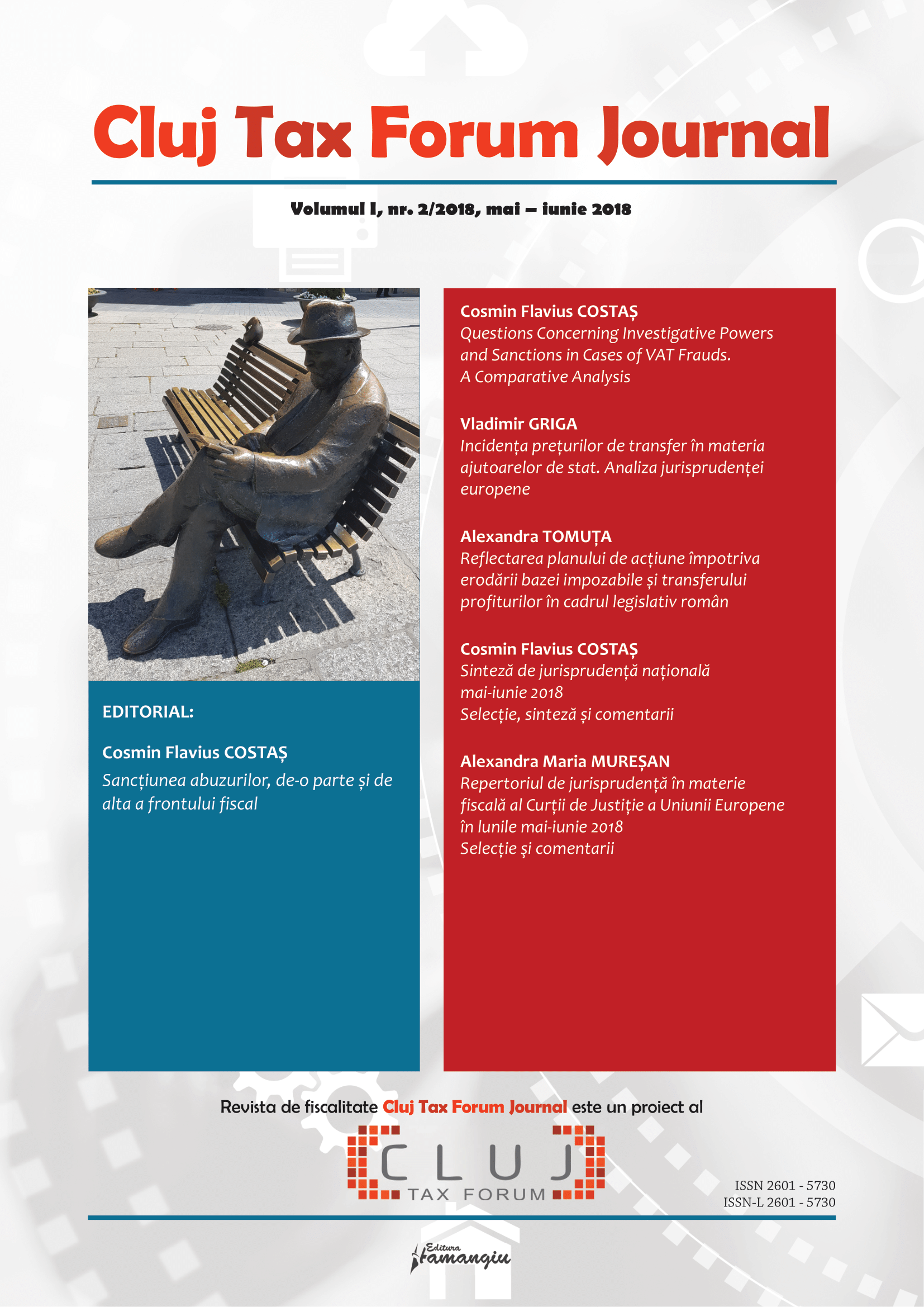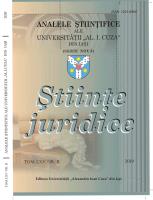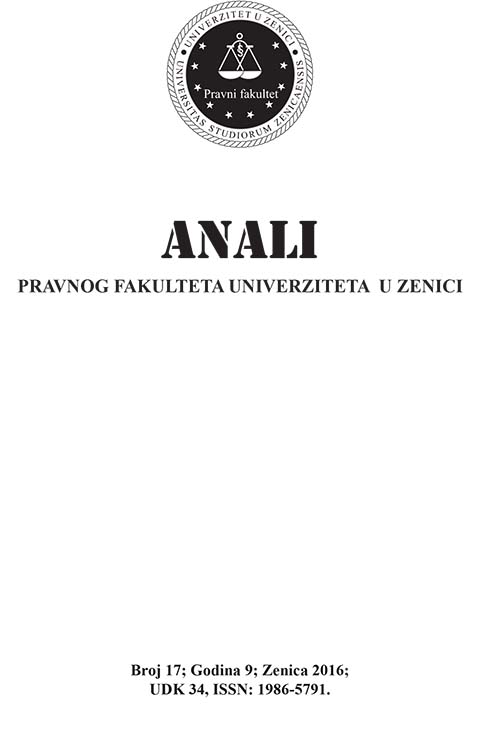
POJAM UPORABE MOTORNOG VOZILA U PRAVU OSIGURANJA OD AUTOMOBILSKE ODGOVORNOSTI
The concept of the use of motor vehicle is very important term in motor insurance law that affects the determination of the scope of insurance cover in respect of civil liability under insurance contracts against that liability. The first part of paper gives an general overview of motor insurance law with particular emphasis on the EU motor insurance directives and analyzes the concept of the use of motor vehicles according to Directive 72/166/ EEC. The second part, analyzes the concept of the motor vehicle use in national law in terms of insurance scope of cover, points out the different scientific understanding of the term motor vehicle use in the study of motor insurance law of Croatia, and in absence of legal definition, analyzes some Supreme Court decisions as case-law. Finally, article analyzes the decision of the European Court of Justice in the case Vnuk against Zavarovalnica Triglav of 4 September 2014 (C-162/13) and explains the reasons why the Court in the present case took a broader interpretation of the term motor vehicle use from what it previously interpreted the national court and what impact this decision has on further development of case-law and possible further development of the motor insurance law.
More...

